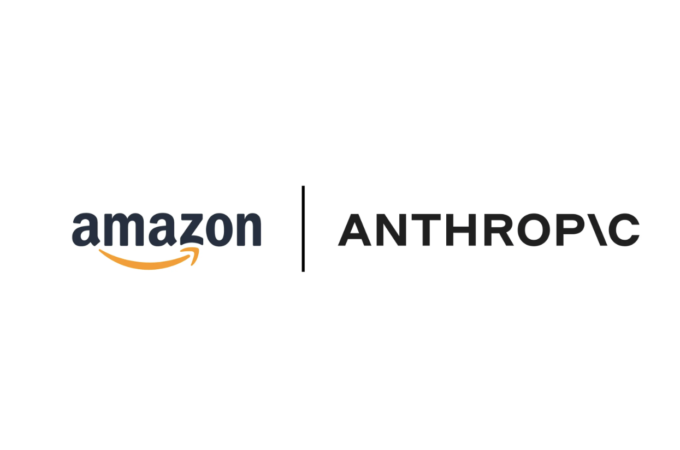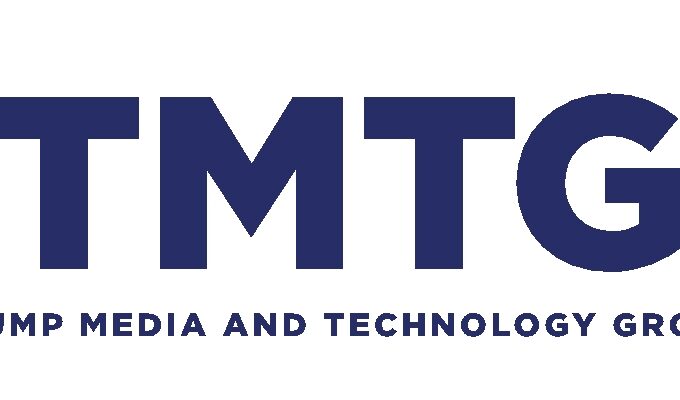
Finrise just raised $5.4 million to lend money to people at doctor’s offices
By Connie Loizos for TechCrunch
Finrise, a year-old, Burlingame, Ca.-based startup with a new approach to online lending, has raised $5.4 million in debt and seed equity funding, including from Mayfield, NFX Guild, WTI, and numerous angel investors, including Funding Circle cofounder Sam Hodges and LendingHome CEO Matt Humphrey.
The company calls itself a healthcare marketplace because the idea is to serve as a one-stop online shop for doctor’s appointments, patient questions, and to make payments.
But the payments piece is the real business here, with a focus on providing patients — those who may either have sticker shock or not enough funds to pay an out-of-pocket expense — with the means to borrow the money at standard rates (starting with a 6.95 percent APR). And they can do it all from the doctor’s office.
CEO Garrett Smallwood, who cofounded the company late last year with two fellow colleagues from the home services marketplace Redbeacon (a startup that sold in 2012 to Home Depot), says Finrise is starting in veterinarians’ offices first. In fact, two weeks ago, it launched Vetary.com, whose tagline is “Instant care with pet credit.” Smallwood says 160,000 people have interacted with the site since.
Human patients and their frequently sky-high bills are next, he adds.
It’s an interesting strategy, though Finrise is entering into a crowded online lending market, one filled with companies whose futures suddenly seem less assured than a couple of years ago. While online firms have expanded by reaching new customers through direct mail, online ads, and, yes, doctors’ waiting rooms, charge-off rates — meaning loans lenders don’t expect to be able to collect — have reportedly been rising.
Asked about Finrise’s own loan-approval process and the credit rating threshold that applicants will need to meet in order to secure a loan, Smallwood declines specifics, offering instead that “it’s correlated to the customer, but we proactively manage risk and we give them options during the application process that works best for their current situation.”
Asked if that means that every applicant can count on a loan, Smallwood acknowledges that Finrise “can’t always assist, but we’ll do everything we can do and work with them to see if there’s anything we can [figure out] with the doctor.”
Finrise is limited in how much it can do for now as the company is making loans directly off its balance sheet. But investor James Currier of NFX Guild suggests that won’t be for long, given the size of the market that Finrise is chasing.
Currier points to CareCredit, a medical financing business owned by GE, that’s valued in the billions of dollars and that Currier calls a “scourge on the American economy” because of the onerous rates it charges.
Smallwood underscores the opportunity instead by noting that pet care alone is a $29 billion market with plenty of customers to nab. According to his numbers, 65 percent of U.S. families say they view their pets as family members, but 35 percent admit to skipping on pet care owing to costs. Meanwhile, 45 percent of U.S. patients say they knowingly skip elective care when the out-of-pocket costs exceed $1,000.
Finrise — which employs just 10 people — has its work cut out of it, Smallwood acknowledges. It hasn’t signed any partnerships yet. It’s also not the first to try and take on CareCredit. A very similar startup, American Healthcare Lending, sold for $21 million to the online lending marketplace Prosper in early 2015.
But Smallwood has his eyes on the prize, and thinks he can win by making purchasing elective health services as simple as checking out at Amazon.
It’s one step at a time in the meantime.
“Right now, our top goals are to hire great people, and delight our customers,” he says.
First appeared at TC





